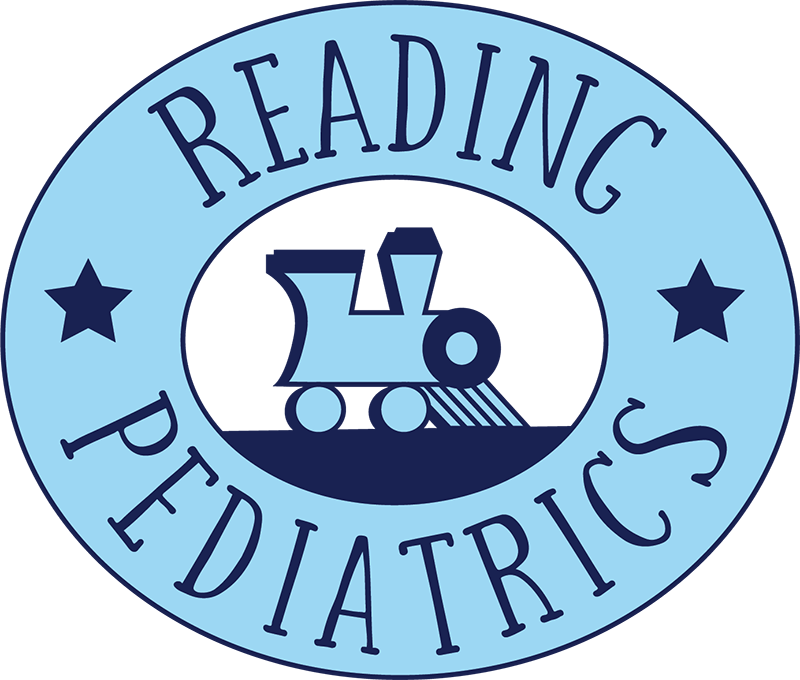What is a brief resolved unexplained event?
A brief resolved unexplained event (or BRUE for short) occurs suddenly and can be scary for parents and caregivers. A brief resolved unexplained event is a diagnosis made after your baby's doctor or health care professional has examined your baby and determined that there was no known concerning cause for the event.
When a brief resolved unexplained event occurs, babies may seem to stop breathing, their skin color may change to pale or blue, their muscles may relax or tighten, or they may seem to pass out. After a brief period of time, they recover (with or without any medical help) and are soon back to normal.
Though we can never say that a baby who has had a brief resolved unexplained event is at
-
They are older than 60 days.
-
They were born on time (not premature).
-
They did not need CPR (cardiopulmonary resuscitation) by a health care professional.
-
The brief resolved unexplained event lasted less than 1 minute.
-
This was their only such event.
Frequently asked questions after a brief resolved unexplained event
Q: Why did my baby have this event?
A: Your baby's doctor was unable to find a cause based on the results of your baby's examination and cannot tell you why this event happened. If it happens again or your baby develops additional problems, contact your baby's doctor or health care professional. The doctor may decide to have your baby return for another visit.
Q: Should my baby stay in the hospital?
A: Babies who are felt to be at lower risk by their doctors or health care professionals do not need to stay in the hospital. They are safe to go home without doing blood tests or imaging that uses x-rays, and they do not need home monitoring of their heart or lungs.
Q: Does having a brief resolved unexplained event increase my baby's risk for sudden infant death syndrome (SIDS)?
A:
No—though the causes of SIDS are not known, events like these do not increase the risk of SIDS. For all babies, it is important to create a safe home and sleeping environment. Your baby should not be exposed to smoky environments. Visit
Q: What should I do if it happens again?
A: If you are worried that this new event is life threatening, call 911 or your local emergency numbers. If not, call your baby's doctor if you have any questions or worries and to let the doctor know about the event.
Q: Does my baby need extra care after having a brief resolved unexplained event? Is my baby more delicate or weak?
A: No special care is needed. Continue to love and care for your baby as you normally do.
A few important reminders for parents and caregivers of healthy infants
-
Remember to take your baby to regular well-child visits to help keep your child healthy and safe.
-
Though your baby is not more likely to need it, it is a good idea for everyone who cares for an infant to learn CPR. If you know CPR, you may also use it one day to help someone else in need. For classes near you, contact your child's doctor, the American Red Cross, the American Heart Association, or a national or local organization that offers training.
For More Information
American Academy of Pediatrics
Disclaimer
Source: American Academy of Pediatrics 2016 clinical practice guideline
The American Academy of Pediatrics (AAP) is an organization of 67,000 primary care pediatricians, pediatric medical subspecialists, and pediatric surgical specialists dedicated to the health, safety, and well-being of all infants, children, adolescents, and young adults.
In all aspects of its publishing program (writing, review, and production), the AAP is committed to promoting principles of equity, diversity, and inclusion.
The information contained in this publication should not be used as a substitute for the medical care and advice of your pediatrician. There may be variations in treatment that your pediatrician may recommend based on individual facts and circumstances.

